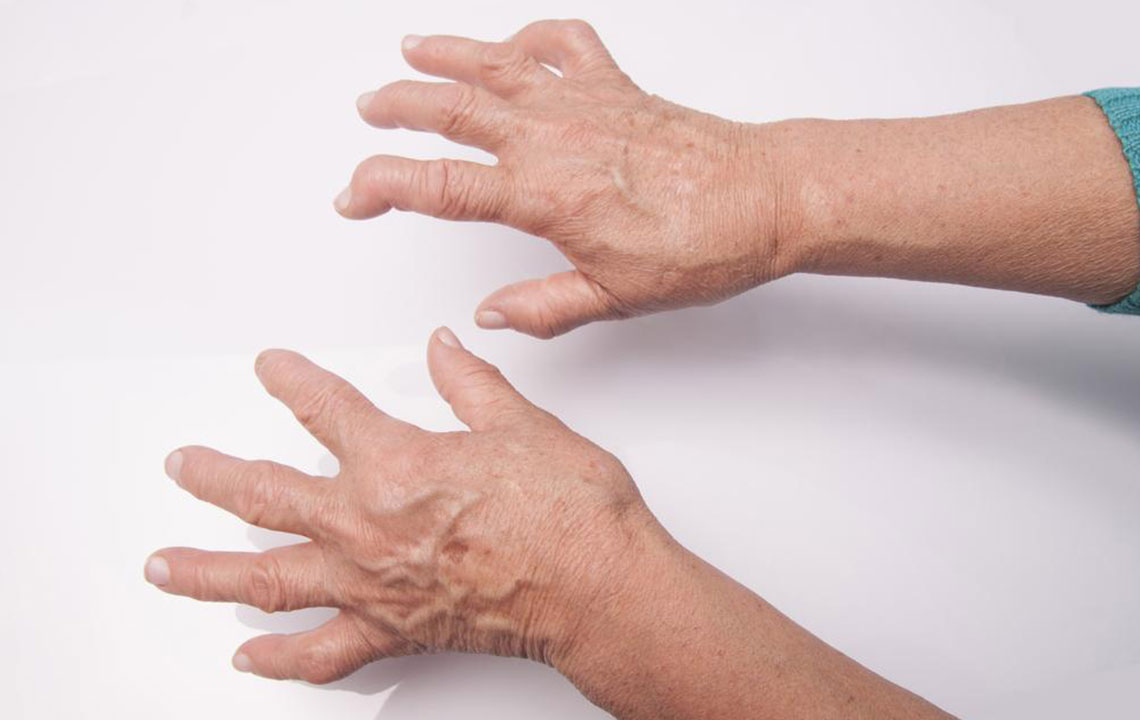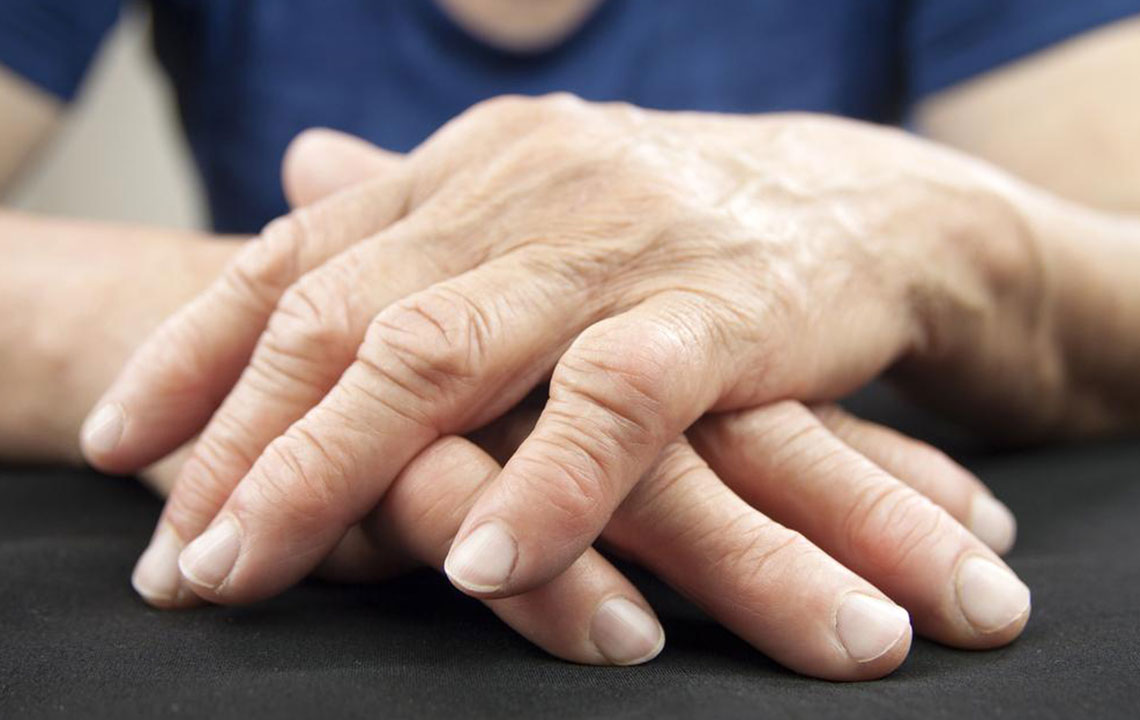Recognizing Key Symptoms of Rheumatoid Arthritis
This article outlines the primary signs and symptoms of rheumatoid arthritis, highlighting early indicators such as joint pain, stiffness, swelling, and systemic effects on organs like heart and lungs. Recognizing these symptoms early can aid in timely diagnosis and management, reducing the risk of severe complications. Treatment options include medications like NSAIDs and DMARDs, along with physical therapy to maintain joint function and prevent damage.

Recognizing Key Symptoms of Rheumatoid Arthritis
Rheumatoid arthritis is an autoimmune disorder that causes persistent joint inflammation. It often starts subtly with mild, recurrent symptoms that develop gradually over weeks or months. Symptoms vary among individuals, with some experiencing flare-ups and periods of remission. Early signs include joint pain, stiffness, and swelling, especially in fingers, wrists, knees, and shoulders. Morning stiffness and mild fever are common early indicators. As the disease progresses, it may affect other organs like the heart, lungs, and eyes, leading to serious complications. Treatment focuses on controlling inflammation, alleviating pain, and preventing joint damage through medications and physical therapy.










